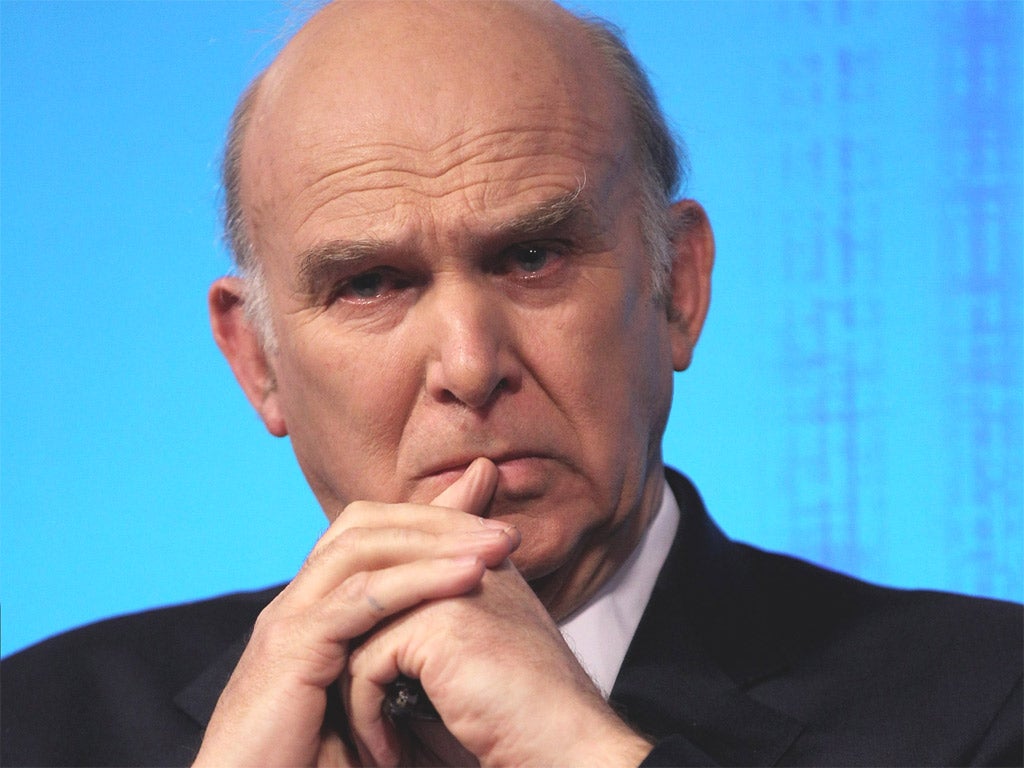Government plans ban on exclusive 'zero hours' contracts – but stops short of outlawing completely
Move follows growing criticism of the controversial contracts, which do not ensure a minimum number of hours

Your support helps us to tell the story
From reproductive rights to climate change to Big Tech, The Independent is on the ground when the story is developing. Whether it's investigating the financials of Elon Musk's pro-Trump PAC or producing our latest documentary, 'The A Word', which shines a light on the American women fighting for reproductive rights, we know how important it is to parse out the facts from the messaging.
At such a critical moment in US history, we need reporters on the ground. Your donation allows us to keep sending journalists to speak to both sides of the story.
The Independent is trusted by Americans across the entire political spectrum. And unlike many other quality news outlets, we choose not to lock Americans out of our reporting and analysis with paywalls. We believe quality journalism should be available to everyone, paid for by those who can afford it.
Your support makes all the difference.A ban on exclusive “zero hours” contracts, which prevent people working elsewhere even when they have no guarantee of work, is planned by the Government.
The move follows a review by Vince Cable, the Liberal Democrat Business Secretary, after growing criticism of the controversial contracts, which do not ensure a minimum number of hours.
Mr Cable will not bow to demands by some trade unions for all zero hours contracts to be outlawed. He believes that many people want the freedom to be employed on such a basis. But he accepts that workers need “more protection” and thinks that “exclusivity clauses” are unfair because they stop people topping up their low earnings by taking on other offers of work.
The Business Secretary said: “We don’t think that people should be tied exclusively to one employer if it unfairly stops them from boosting their income when they are not getting enough work to earn a living.”
Mr Cable will on Thursday launch a 12-week public consultation exercise on whether he should ban exclusivity clauses. Feedback from employers during his review suggested that there could be abuses of the present system. He also plans to issue employers and employees more guidance about zero hours contracts after it emerged that many workers did not know they were on them or realise they would not be offered a regular amount of work.
Mr Cable said: “While for many people they offer a welcome flexibility to accommodate childcare or top up monthly earnings, for others it is clear that there has been evidence of abuse around this type of employment which can offer limited employment rights and job security.”
Unions will urge the Government to go further. Frances O’Grady, the TUC general secretary, said: “The growth of zero hours contracts is one of the reasons why so many hard-working people are fearful for their jobs and struggling to make ends meet, in spite of the recovery. But while the Government has identified some of the problems faced by those with zero job security, it’s desperately short on solutions to curb the use of these contracts.”
Mick Rix, national officer of the GMB union, said: "This snails-pace reaction to what is clearly an urgent problem will not bring any Christmas cheer to exploited low paid workers on zero hour contracts and similar contracts offering employment insecurity. It is regrettable that the Government is not outlawing the use of zero hour contracts even though it admits there is abuse."
The British Chambers of Commerce warned that excessive regulation of the contracts could cost jobs. John Wastnage, its head of employment, said: “They can be beneficial for students, older workers or those with caring duties who don’t want to be constrained by a fixed contract. And they allow employers to experiment with new services or markets.”
Tim Thomas, head of employment at the manufacturers’ organisation EEF, said: “We are glad to see the Government has resisted a heavy handed approach to zero hours contracts. Focusing on a limited number of areas allows best practice examples of their use to continue.”
Join our commenting forum
Join thought-provoking conversations, follow other Independent readers and see their replies
Comments